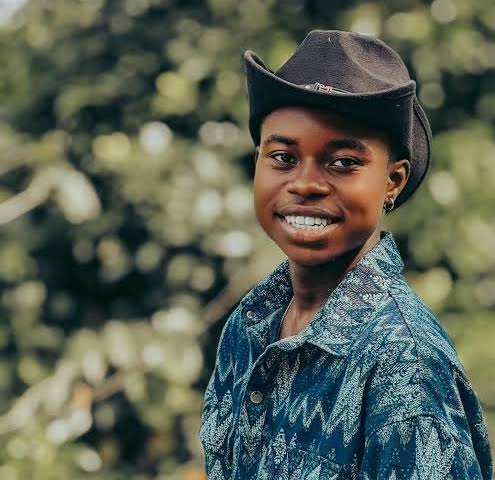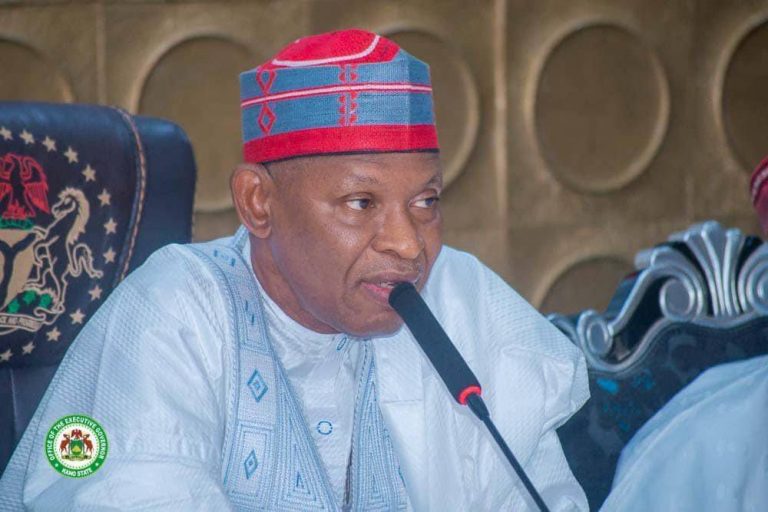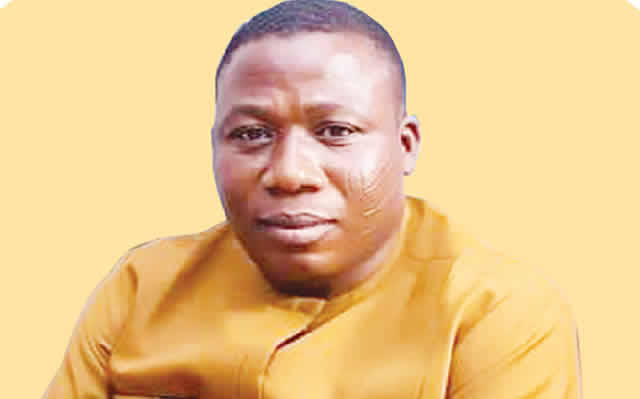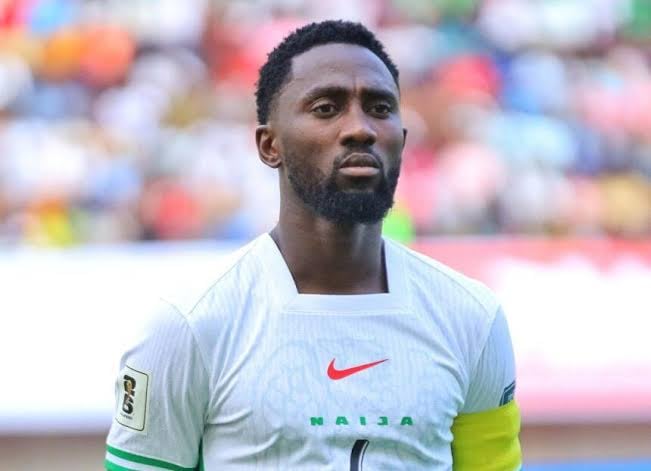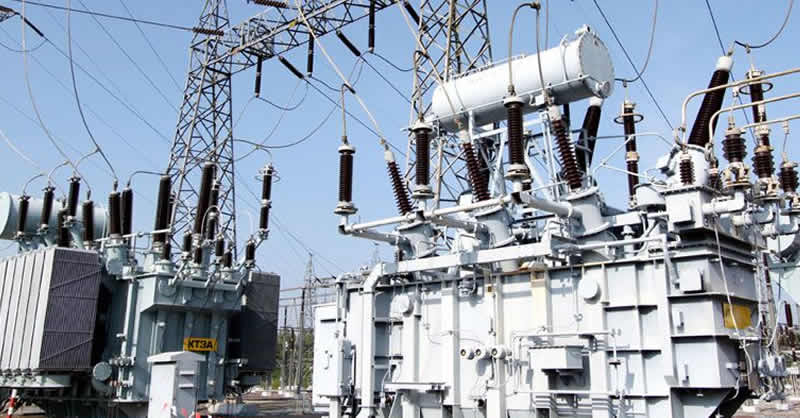Paris, France – French President Emmanuel Macron finds himself amid a crisis as a wave of coups shakes several Francophone African states, raising questions about the extent of French influence in the region.
President Macron had aimed to distance himself from France’s post-colonial legacy, emphasizing democratic values and cooperation over previous tactics of military intervention and political manipulation.
While the official stance from the Élysée Palace touts a shift towards “democratization” and “engagement with the young,” recent events seem to challenge this narrative.
In the case of Gabon, a country often seen as emblematic of corrupt post-colonialism, the ousting of President Ali Bongo and his move to join the Commonwealth last year raises questions about the strength of French influence.
Analysts argue that Africa has evolved, with leaders diversifying their global partnerships, and engaging with countries like Russia, China, Germany, and the United States.
President Macron, however, points to what he calls a “baroque alliance between self-proclaimed pan-Africans and neo-imperialists,” suggesting that Russia and China are behind the recent coups in French-speaking Africa.
As these events unfold, Macron faces criticism and a growing sense of backlash against French influence. The historical context of France’s colonial presence and recent geopolitical rivalries further complicates the situation.
Experts argue that this crisis challenges perceptions and illustrates that, paradoxically, when progress appears, problems intensify.
By Hugh Schofield, BBC News
Advertisement

